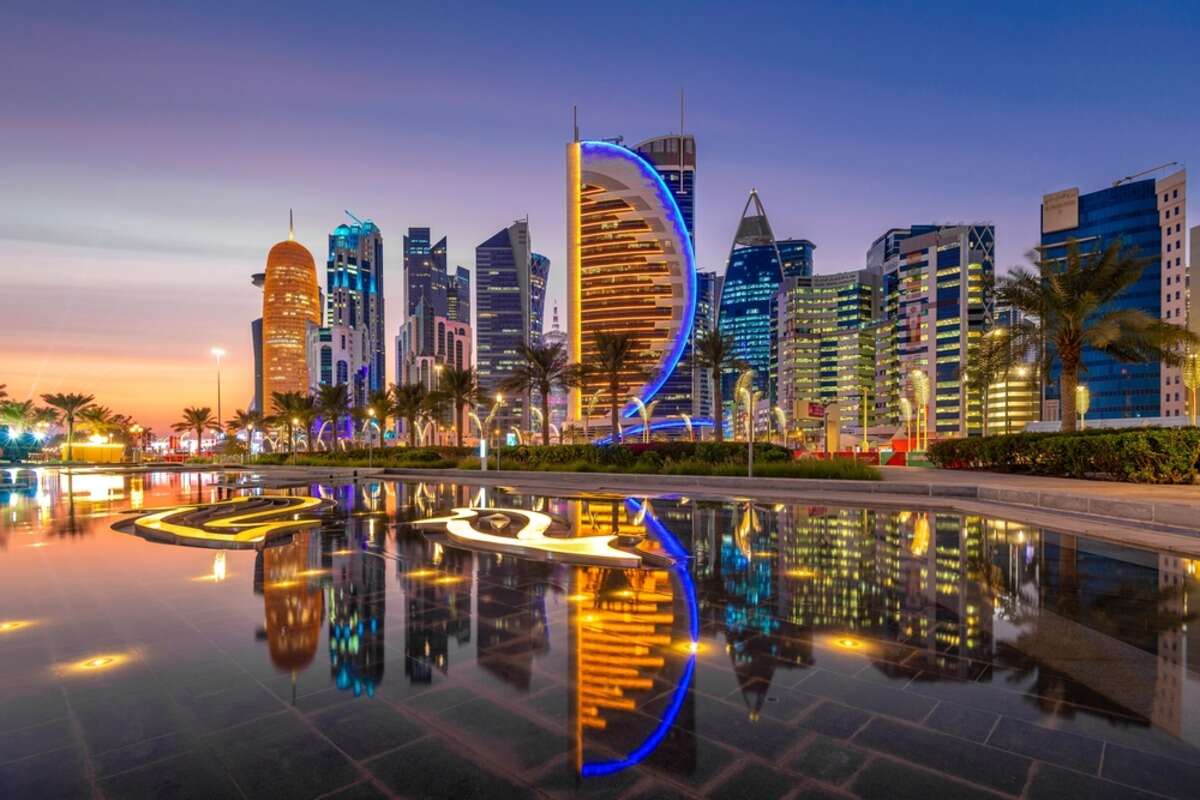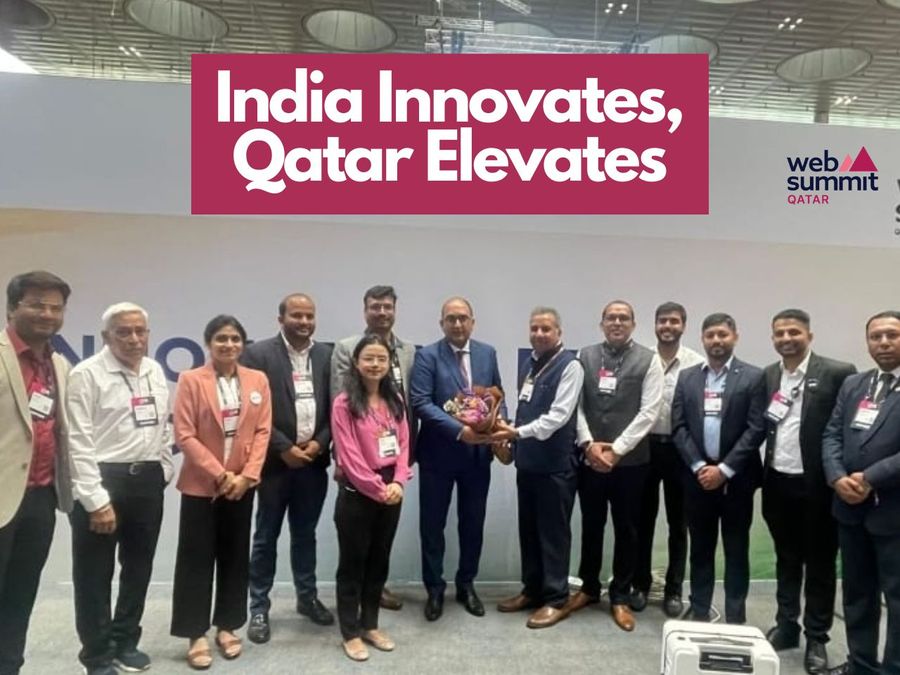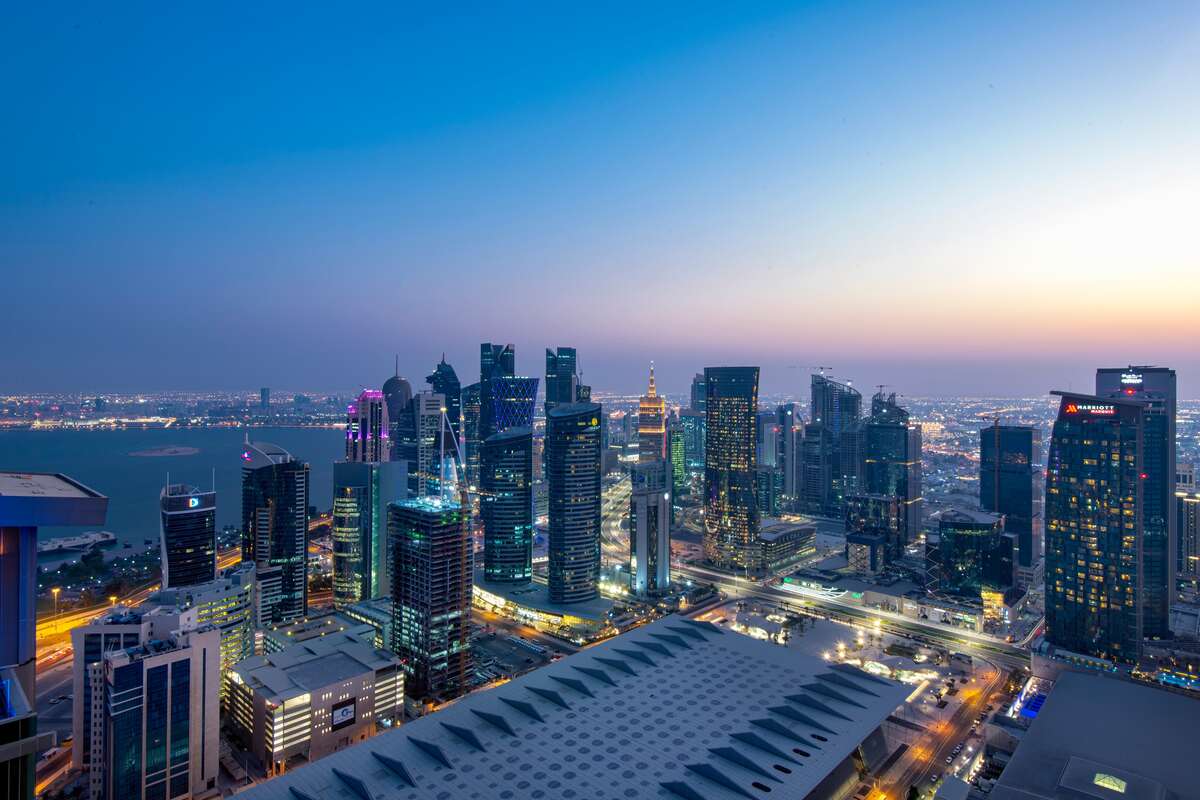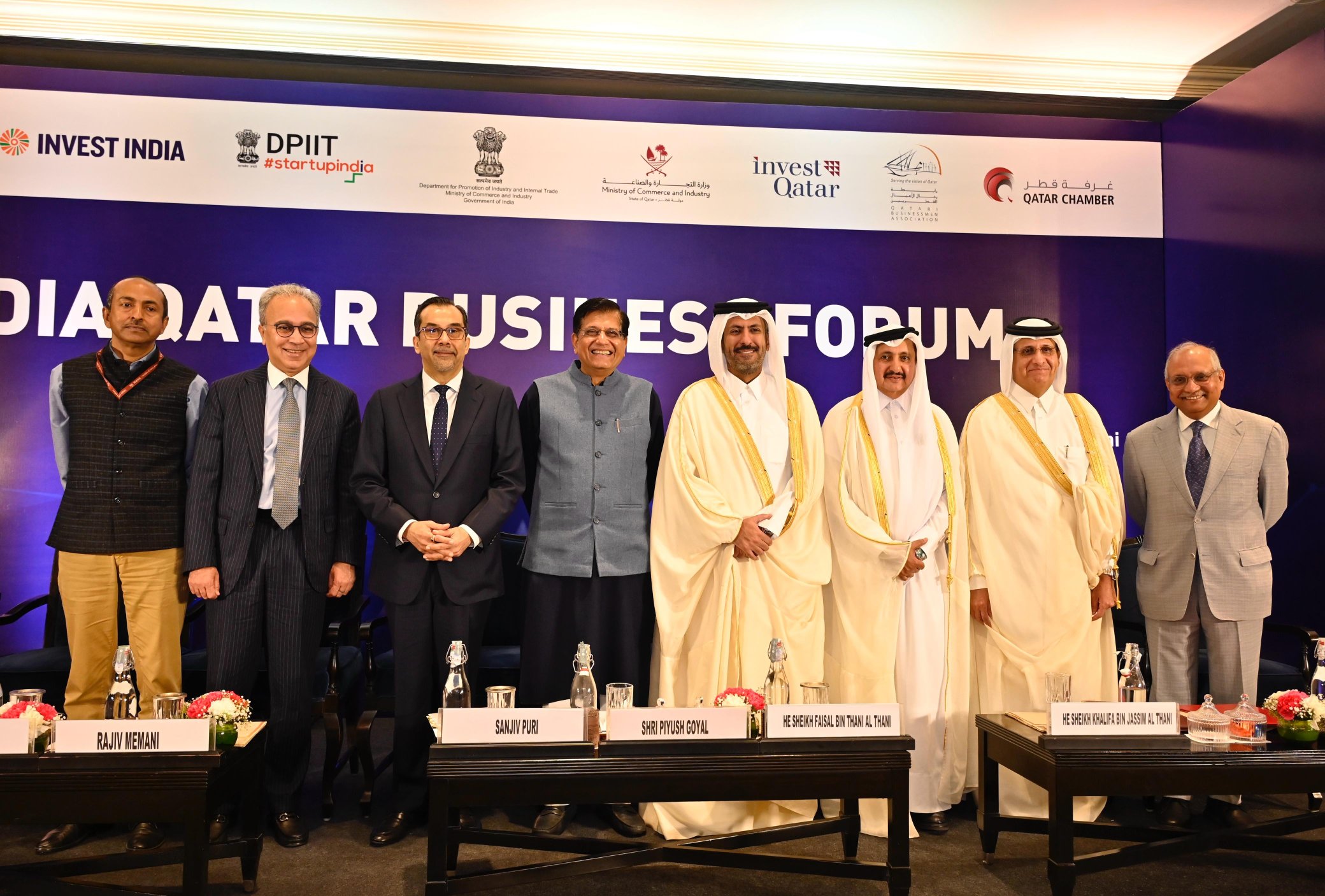Qatar: Non-energy private sector business activity accelerates in November

The most recent Purchasing Managers’ Index (PMI) survey data from the Qatar Financial Centre (QFC), compiled by S&P Global, indicates a continued solid enhancement in business conditions within Qatar’s non-energy private sector for November.
Demand for goods and services saw further growth, which contributed to an increase in overall activity.
The outlook for the upcoming year remained more robust than the long-term survey trend, as businesses highlighted Qatar’s appeal to international investors.
The labor market continued to demonstrate remarkable strength, with a near-record rise in employment and significant wage inflation, as companies aimed to attract and retain skilled personnel.
Overall cost inflation decreased from the four-year high recorded in October, while firms persisted in reducing their prices to enhance their competitive edge.
Composition of the PMI indices
The Qatar PMI indices are derived from survey responses from a panel of approximately 450 private sector companies. This panel encompasses the manufacturing, construction, wholesale, retail, and services sectors, accurately reflecting the structure of the non-energy economy based on official national accounts data.
PMI performance metrics
The headline Qatar Financial Centre PMI serves as a composite single-figure indicator of non-energy private sector performance. It is calculated from indicators related to new orders, output, employment, suppliers’ delivery times, and purchase stocks.
November PMI increase
In November, the PMI rose to 52.9, an increase from 52.8 in October, indicating a stronger overall growth in business conditions within the non-energy private sector. This latest rise in the headline figure further elevated it above the long-term survey average of 52.3 since April 2017.
Factors driving PMI growth
The increase in the PMI from October was primarily attributed to a more rapid growth in business activity, a record rise in purchase stocks, and a more moderate improvement in suppliers’ delivery times. New business inflows expanded for the eleventh consecutive month, driven by enhancing market conditions, marketing initiatives, and relationship development with clients. Outstanding business declined for the first time in three months, reflecting an expansion in capacity.
Labor market dynamics
In November, Qatar’s non-energy private sector labor market remained exceptionally robust. Employment growth over the past three months has been the fastest recorded in the survey’s history. This was accompanied by notable wage inflation, with November’s increase marking the third-fastest on record, following significant rises in September and October. Companies reported increasing salaries to retain experienced and skilled personnel in a highly competitive environment. Although overall cost pressures remained significant, they eased from October’s four-year peak.
Moreover, prices for goods and services fell for the fourth consecutive month as firms aimed to enhance their competitiveness.
Future outlook for Qatari firms
Qatari firms expressed a positive outlook for the next year in November, with sentiment aligning closely with the strong long-term survey trend observed since 2017. Optimistic forecasts were attributed to domestic economic growth, investment opportunities, population expansion, and demand within the real estate and construction sectors.
Financial services sector expansion
The financial services sector continued to grow in November:
- Further increases in new business and overall activity
- Finance companies reduced prices at the fastest rate recorded
- Employment continued to rise significantly
Demand for Qatari financial services increased further in November, leading to a considerable rise in employment within the sector. Total activity experienced another increase, with the seasonally adjusted Financial Services Business Activity Index remaining well above the neutral mark of 50.0 at 53.7, although down from 56.7 in October.
Sentiment in financial services
Companies in the financial sector maintained strong optimism regarding the 12-month outlook, although sentiment was slightly less robust than the long-term trend since 2017. Financial services companies decreased their prices for the fourth consecutive month, doing so at a record pace. At the same time, average input prices rose at the slowest rate in three months.

Strong business growth
Yousuf Mohamed Al-Jaida, chief executive officer of QFC Authority, noted that the headline PMI increased to 52.9 in November, exceeding the third quarter average of 52.0 and the long-term trend level of 52.3, indicating improved business conditions in the non-energy sector. He mentioned that new business and output have expanded further, while the labor market remains strong. Over the past three months, the Employment Index has reached unprecedented levels in the survey’s history. The demand for workers and efforts to retain experienced staff are evident in the survey data, with the Staff Costs Index remaining at a higher level than at any point before August. Overall cost pressures continue to be significant, although the Input Prices Index has notably retreated from October’s four-year high. Despite this, prices charged for goods and services have decreased, as firms continue to offer discounts to enhance their competitiveness.
Related
Qatar Business Leaders Optimistic About Long-Term Growth – HRO Today
Research from KPMG finds CEOs are prioritising resilience, technological innovation, and adaptability in 2025. By Maggie Mancini As organisations respond to glo
Indian Startups Showcase Innovation and Global Expansion at Web Summit…
Indian startups are making waves globally, and their latest venture at Web Summit Qatar 20
Qatar’s tax authority launches 100 percent financial penalty exemption initiative…
To qualify, companies must register on the Dhareeba Tax Portal and ensure that all taxpayer data is updatedQatar’s General Tax Authority recently announced th
India-Qatar Joint Business Forum held to Strengthen Bilateral Economic Ties…
NEW DELHI : On the sidelines of the visit of H.H. Sheikh Tamim bin Hamad bin Khalifa Al Thani, Amir of Qatar to In












